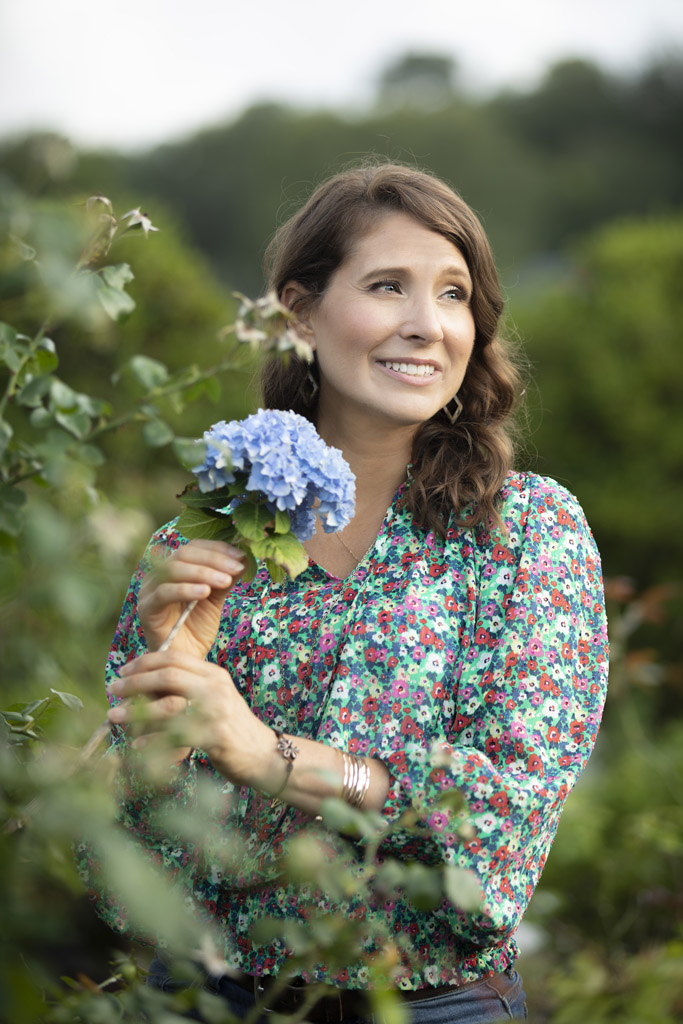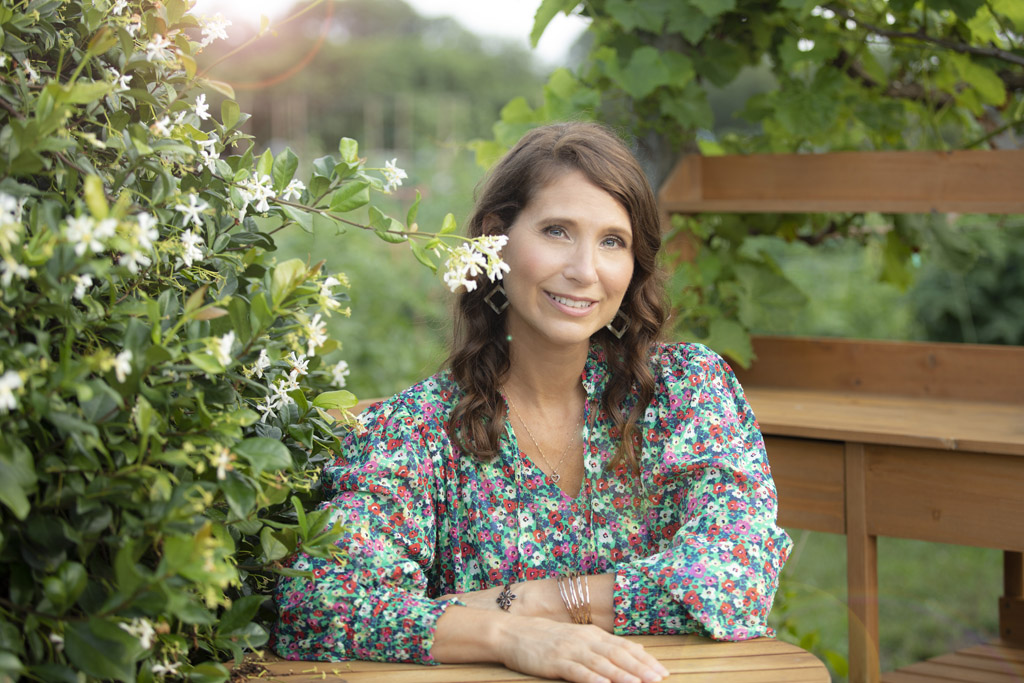Instead of working, I’m looking out my window. I notice the sun streaming through the trees – they always cast such magical shadows on my office wall this time of day. I once tried to trace them. I was curious to see what they would look like on paper. Let’s just say I couldn’t quite capture their essence.
I hear the hum and swoosh of the traffic below. I wonder where all those people are going. Are they listening to their favorite songs on the radio? Catching up with a friend on the phone? Toting their pup with them for a few quick errands? Discussing dinner plans with their spouse? Listening to their child tell them about their day?
Sometimes, especially when I’m deep in procrastination mode, I’ll make up my own stories about the people I see and hear. But mostly, I’m curious.
I’m no stranger to curiosity. More than once, I’ve heard that I ask too many questions. Sometimes it’s verbal. Other times, it’s an audible sigh matched to a head tilt or shake.
Guilty.
I’ve always been curious and hungry to learn more. Who? What? When? Where? How? Why? Yes, please.
There are too many times to count that I remember “challenging” someone – their term, not mine. I was being curious or inquisitive. I had a genuine desire to learn or understand.
Like the time, when I was 10, that I challenged our pastor on the topics of divorce and whether dogs go to heaven. I left him speechless and stumped, and my grandmother embarrassed.
Or the time a boat captain friend capped me at a five-question maximum. I successfully used up all of my questions before we ever left the marina. In my defense, a charter fishing boat was pulling in with a rather large assortment of fish. I had questions.
And the time my high school English teacher, Coach West, invited me to join the debate team after a passionate discussion about the ending of a story.
Curiosity is one of the reasons I dove headfirst into psychology – I desperately wanted to understand why and how people could do or think the way they did.
For those of you who are (ahem) curious, the Oxford Dictionary defines “curiosity” as “a strong desire to know or learn something.”
It shows up in all areas of my life, especially in my role as a therapist.
I encourage my clients to become more curious, too. It’s a practice we begin early in therapy so they can learn more about what they’re thinking, feeling, believing, or telling themselves.
Curiosity invites you to slow down and listen.
The benefits of becoming more curious are endless. My favorite is in its power of possibility. Curiosity encourages you to detach from assumptions and approach situations with open-mindedness and understanding. This act can lead to a reduction in miscommunication. Imagine your life with fewer conflicts and a greater chance of better outcomes.
Curiosity can expand your creativity. Whether you’re putting paint on a canvas, words on paper, or creating in some other capacity, curiosity gives you permission to try something new. I think Bob Ross says it best: “We don’t make mistakes. We just make happy accidents.”
Curious people tend to be less defensive because our curiosity allows us to consider the other person’s point of view. You don’t have to agree with or like the other person’s point of view. It’s more the concept of accepting that there’s another way to look at things with an invitation for understanding.
Curiosity helps you to connect with others. The more curious you are about the other person, the more the other person will feel closer to you. As a bonus, you’ll also feel closer to the person you’re curious about.

Becoming more curious isn’t out of reach or even difficult to accomplish. Here are a few ways you can get started today.
• Be intentional. Approach conversations with a willingness to learn. You can do this by asking open-ended questions. My favorite is “Tell me more.” How did you come to know that? Pro tip: Avoid criticizing, minimizing, or trying to change the other person’s opinion.
• Pause when you feel reactive. When you feel reactive, that’s your cue to check in. Ask yourself what you’re thinking. What stories are you creating about the situation? What meaning and feeling have you attached to that story and your thoughts?
• Allow for grace. Recognize that your experiences shape your perceptions. That also means the experiences of someone else are – you guessed it – shaped by their experiences.
• Clarify instead of assuming. If you’re in a relationship, you’ve probably fallen victim to assuming. These are the times when you think you know exactly how your partner will react, what they will say, and think. Then you act or react accordingly – without ever actually checking in. Asking – being curious – gives the other person a chance to weigh in on the conversation and clear up any unintentional miscommunications.
Here are a couple of examples to help you get started:
• When I heard you say ______, I told myself (whatever you thought). Is what you meant. Did I get that right?
• What do you think, feel, or how do you experience ______?
Curiosity doesn’t come without hurdles. The fear of uncertainty is one of the biggest. Social scientist and best-selling author Brené Brown puts it perfectly in Atlas of the Heart:
“Choosing to be curious is choosing to be vulnerable, because it requires us to surrender to uncertainty. We have to ask questions, admit to not knowing, risk being told that we shouldn’t be asking, and, sometimes, make discoveries that lead to discomfort.”
I believe the ability to transform how we communicate, connect, and grow outweighs the fear of uncertainty. If you do, too, I invite you to be curious.
Sheila Tucker owns and operates Heart Mind & Soul Counseling.


